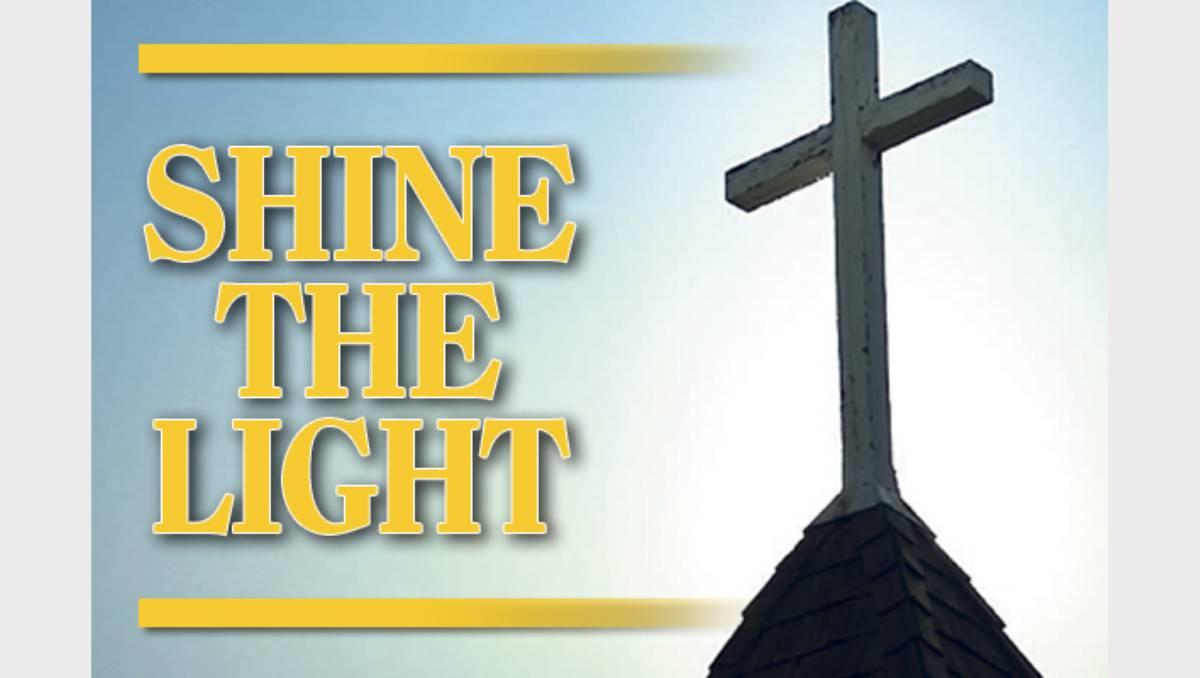Ian Kirkwood: 'Omerta' on Church Law Still to Be Faced
By Ian Kirkwood
IN simple terms, the special commission of inquiry sitting in Newcastle at the moment is trying to determine whether the Catholic Church helped or hindered police investigations into two paedophile priests, Denis McAlinden and Jim Fletcher.
On Friday, counsel assisting the inquiry, Julia Lonergan, asked Bishop Michael Malone about Canon law – Catholic law, in other words, based on papal authority from the Holy See in Rome, and separate from the secular laws that operate elsewhere in our democracy.
Bishop Malone told Ms Lonergan that he was no expert in Canon law. Neither am I. But I have read enough to know that Rome laid down some very strict edicts about how its 2100-plus dioceses should deal with the sexual crimes of its priests.
Bishop Malone was asked on Friday about a Canon instruction that files on the “moral” crimes of his priests be destroyed on their death or the 10th anniversary of their (Canon) sentencing, with only a text of the judgment and a summary of the facts to remain.
At a break in the hearing, I asked Bishop Malone whether this was part of an ‘‘instruction’’ titled Crimen Sollicitationis in Latin, or the Crime of Solicitation in English. Bishop Malone told me he wasn’t up on the names and advised me to look it up on a computer, which I have done, aided by a couple of books from the library shelf.
Crimen Sollicitationis was approved by Pope John XXIII and was in use from March 1962 until May 2001. The National Catholic Reporter says it came to public notice in 2003 when then Cardinal Joseph Ratzinger – later to abdicate as Pope Benedict XVI – referred to it in a 2002 letter discovered during a civil trial in the United States. The Reporter says the Crimen was not ‘‘the smoking gun’’ the Church’s opponents had hoped for but Geoffrey Robertson compared its secrecy to the Mafia’s ‘‘Omerta’’ code of silence in his 2010 book The Case of the Pope. It is also canvassed in The Trial of Pope Benedict, a new book by a disaffected Canadian Catholic, Daniel Gawthrop.
I cite these sources in case people doubt Wikipedia, which says the 1962 version of Crimen is essentially the same as an earlier and identically named instruction issued from the Holy Office of the Curia in 1922, which tends to suggest the Church has known about its problems for some time.
Gawthrop says the Crimen applies to “any external obscene act, gravely sinful, perpetrated or attempted by a cleric in any way with pre-adolescent children of either sex or with brute animals”. It also incorporated “the foulest crime”, which was sex of any sort by a cleric with a person of his own sex.
Gawthrop writes: “The Crimen was obsessed with pontifical secrecy; the penalty for revealing its existence was excommunication. It imposed ‘utmost confidentiality’ and ‘permanent silence’ on all persons involved in the complaints process, including even the victims and their witnesses, who were bound ‘under pain of incurring automatic excommunication’.
The Crimen contained virtually no investigation process, no acknowledgement of child abuse as a serious crime, and thus, no suggestion that the police should be involved. Finally, the Crimen provided no consequences of note for priests found guilty of molesting children.”
As a Cardinal in 2001, Joseph Ratzinger replaced the Crimen with Sacramentorum Sanctitatis Tutela, or Safeguarding the Sanctity of the Sacraments, which deals with ‘‘delicts’’ (or negligent acts) against the sixth commandment – the one about adultery – ‘‘committed by a cleric with a minor below the age of eighteen years’’. It may be a step forward, but it still talks about establishing ‘‘the credibility of the accuser’’ and I can find no mention of anything like calling the police.
All of this Canon law is probably outside the terms of the Newcastle inquiry, but it is surely something the Royal Commission will have to address if we are ever to get to the heart of the matter.
|
.
Any original material on these pages is copyright © BishopAccountability.org 2004. Reproduce freely with attribution.
